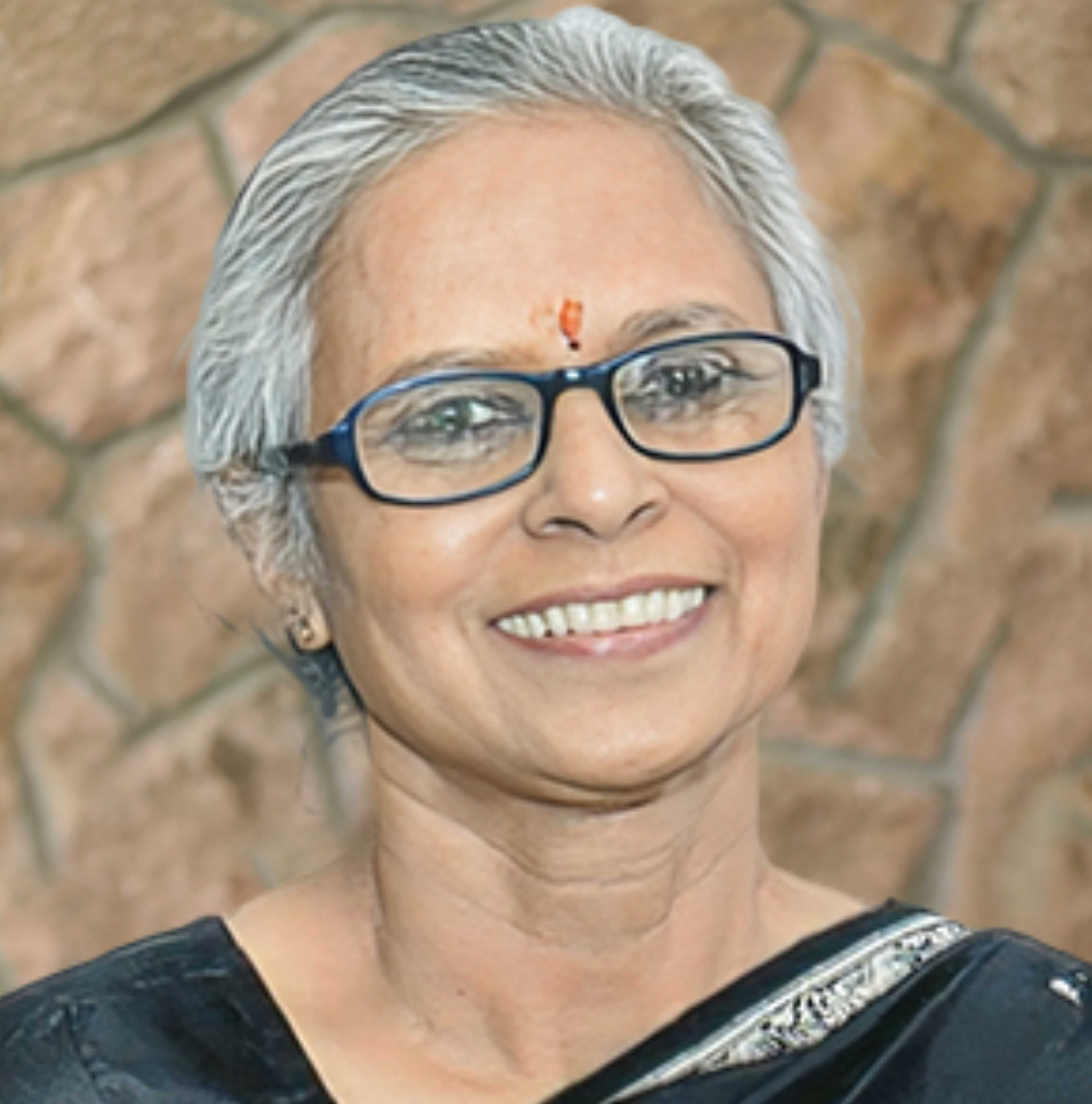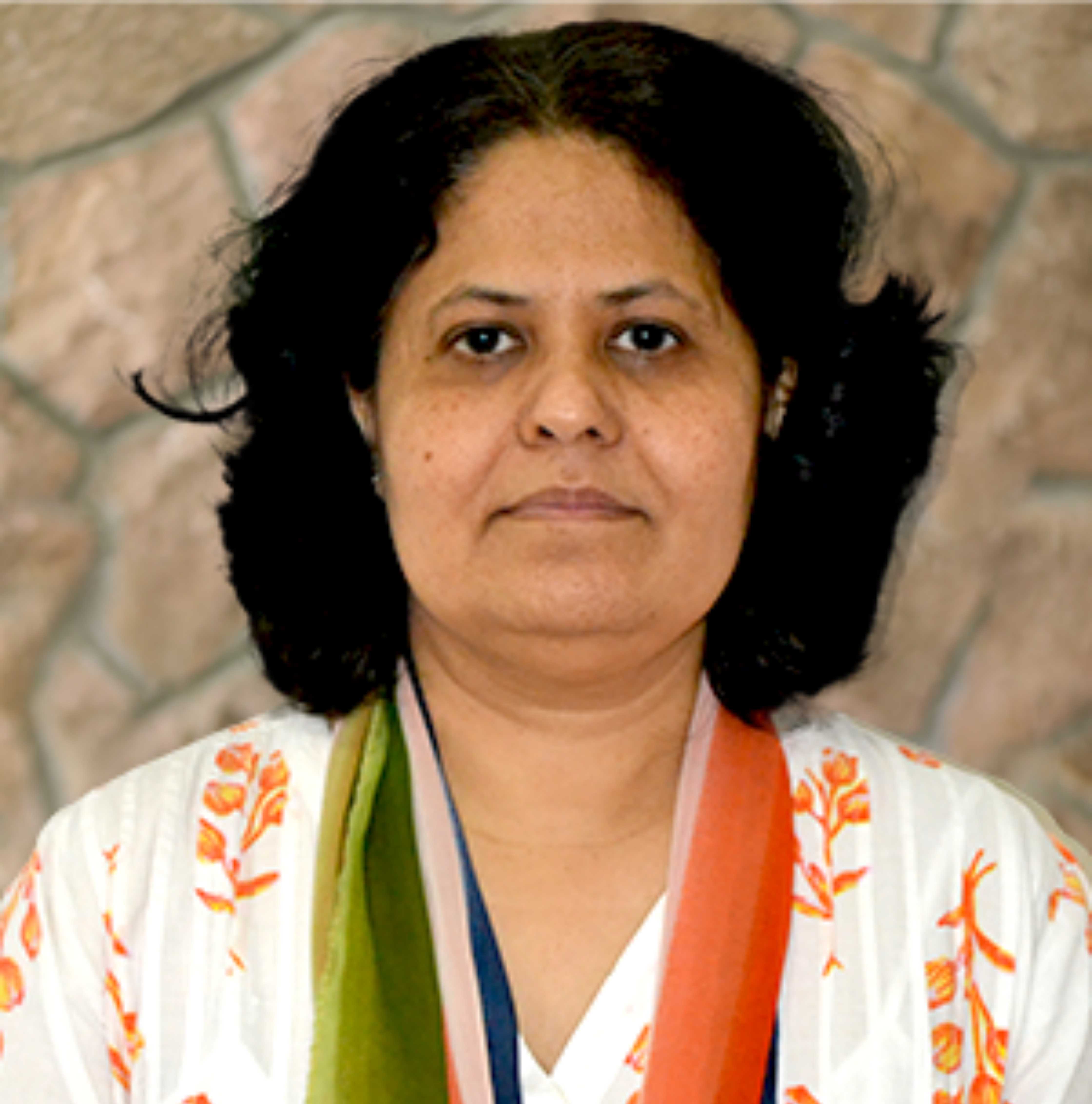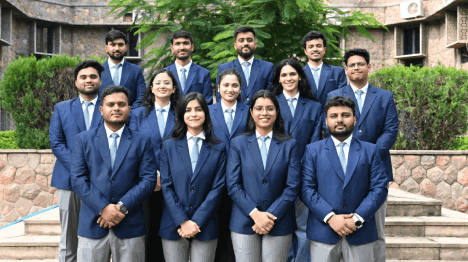- About Us
- Academics
Schools
Programs
General Information
- Faculty
The faculty members and researchers working at IIHMR University come from varied backgrounds including, but not limited to medicine, public health, management, economics, statistics, demography, human geography, social and behavioral sciences, rural development and pharmaceuticals.
- Admissions
- Research
.Publications & Journal
- Executive Education
Executive Programmes
- Online Certification Courses
ONLINE CERTIFICATION Courses
- Training
- Placements
- Fee Payment
- NAAC
- IQAC
- NIRF
- Webinars
- About Us
- About IIHMR University
- Board of Management
- Academic Council
- Board of Studies
- Research Board
- Institutional Review Board
- Finance & Audit Committee
- Departmental Research Committee
- Chairperson's Message
- President's Message
- IIHMR University Act
- Infrastructure
- Collaboration
- Ranking
- Board of Studies (School of Digital Health)
- Awards & Accolades
- Academics
- Institute of Health Management Research
- School of Pharmaceutical Management
- School of Development Studies
- SD Gupta School of Public Health
- School of Digital Health
- MBA (Hospital and Health Management)
- MBA (Pharmaceutical Management)
- MBA (Development Management)
- MBA (Healthcare Analytics)
- Master of Public Health
- Student Manual – Cohort 9 (2021-2023)
- Master of Public Health (Implementation Science)
- Ph. D.
- Executive MBA (CSR & ESG Management)
- Executive PGDM
- Common Information for all the Programs
- Academic Calendar
- Student Handbook 2020-21
- Committees
- Policies
- Annual Exam Calendar
- Library
- Faculty
- Admissions
- Research
- Executive Education
- Training
- Placements
- Alumni
- Events
- Career at IIHMR
- Contact
- Research
Assessing, Detecting and Managing Mental Disorders
Assessing, Detecting and Managing Mental Disorders
November 20-22, 2024
Dr. Nutan Prabha Jain
Background
Mental health and well-being are important aspects of public health, but very little attention has been given to them till now, especially in low and middle-income countries. South Asian region has a high disease burden of mental disorders. A systematic review conducted in 2020 showed a prevalence of 14.2 per cent for common mental disorders. Similar trends have also been seen in South America and Africa. According to the National Mental Health Survey, approximately 150 million people in India require care for their mental health problems, but a large majority of these (70 to 92 per cent) fail to receive treatment. The COVID-19 pandemic would further add to the unmet mental health needs of these populations. The personal, family and social impact of COVID-19 is likely to last for a very long time.
The world should be committed to improving access to mental healthcare and treatment in communities without discrimination. Sustainable Development Goal 3 (targets 3.4 and 3.5) is related to mental health and substance abuse. Premature mortality from noncommunicable diseases can also be reduced through promoting mental health and providing treatment and care for mental disorders. However, early detection of mental illnesses and their timely management remains an important public health challenge due to the lack of trained mental health care professionals at the periphery.
SD Gupta School of Public Health (SDG SPH) at IIHMR University, Jaipur, India, is collaborating with the Rural Mental Health section of the World Psychiatry Association (WPA), Centre for Autism, Neurodevelopmental Disorders and Intellectual Disabilities (CANDDID, Cheshire and Wirral Partnership (CWP), NHS Foundation Trust; and University of Manchester, UK, to work on building and strengthening capacities of healthcare functionaries including counsellors as well as caregivers towards improving community’s mental health and wellbeing through this structured skill-oriented training program.
Objectives
The programme aims to strengthen and promote mental health care and services. The specific objectives of the programme are:
- Developing effective leadership skills for timely screening and management of mental health issues.
- Improving skills to assess, detect and deal with mental disorders using GMHAT/PC.
- Strengthening information systems to provide evidence for mental health.
Contents
- Overview of mental health programmes: policies and strategies, legal provisions
- Understanding common mental disorders using a life cycle approach
- Role of effective communication skills in psycho-social management
- Leadership styles: self-assessment
- Assessment of mental disorders
- Mental health assessment: various tools and application
- Mental health services, including referral pathways through primary health care
- Behavioural therapies
Who should attend?
The programme is designed for healthcare professionals, mental health trainers, training managers, programme managers, researchers, psychologists, counsellors, and NGO representatives. The participants will also be able to translate the concepts discussed into strategy and operational plans in their respective areas or organizations.
By attending this program, the participants will be able to understand the role of leadership skills in mental health, assess their own leadership styles, develop communication and interviewing skills to assess common mental disorders and learn to use the Global Mental Health Assessment Tool (GMHAT/PC) in various settings.
Pedagogy
The programme adopts an offline mode (classroom training) with a participatory and experiential approach. Some experts from other collaborating institutions will also join through online platforms. The concepts will be explained, followed by hands-on exercises and demonstrations by the participants.
The training pedagogy will include interactive sessions, self-assessment of leadership styles, a hands-on approach to interviewing, assessment of professional judgement, role-plays and quizzes, assessment of clinical skills, and intersessional learning assignments. A virtual forum for ongoing support and follow-up interactions with the participants is also provided.
Programme Coordinators

Dr. Nutan Prabha Jain, PhD (Psychology); MPH (UNC-CH, USA), Programme Coordinator
Professor, SD Gupta School of Public Health, IIHMR University, Jaipur, India
Associate, Department of International Health, Bloomberg School of Public Health Johns Hopkins University, USA

Dr. Neetu Purohit, PhD (Psychology), Programme Co - Coordinator
Professor, Institute of Health Management Research, IIHMR University, Jaipur, India
Associate, Department of International Health, Bloomberg School of Public Health Johns Hopkins University, USA

Dr. Vidya Bhushan Tripathi, PhD (Public Health), Programme Co - Coordinator
Assistant Professor, Institute of Health Management Research, IIHMR University, Jaipur, India
A team of national and international psychiatrists and subject experts will offer the programme.
Programme Fee
The programme fee for Indian participants is Rs. 24,750 plus GST (18% as applicable), and for international participants, it is USD 462 plus GST (18% as applicable). The programme fee covers tuition, background reading material, lodging, and boarding.
Discounts
Early Bird Discount: Nominations received with payments before four weeks will be entitled to a 10% early bird discount.
Group Discount: Any organization sponsoring four or more participants to the programme will be entitled to a 20% discount on the total fee payable, provided that at least four.
Maximum Discount: Organizations can avail themselves of both the discounts subject to a maximum discount of 20%.
Duration & Venue
The programme will start on Wednesday, November 20, 2024, and conclude on Friday, November 22, 2024. It will be held at IIHMR University, 1 Prabhu Dayal Marg, Sanganer Airport, Jaipur - 302 029. The University campus provides a learning environment for the participants, who are welcome to use the library and recreational facilities.
Certification
IIHMR University, Jaipur, will issue a certificate of participation on completion of the programme.
Nominations/Registration
Please send your nominations/registrations to the following address:
Programme Officer (Training)
IIHMR University
1, Prabhu Dayal Marg, Sanganer Airport
Jaipur – 302029, Rajasthan
Phone Number: Mobile: +919358790012, 0141-3924700
Email: training@iihmr.edu.in




